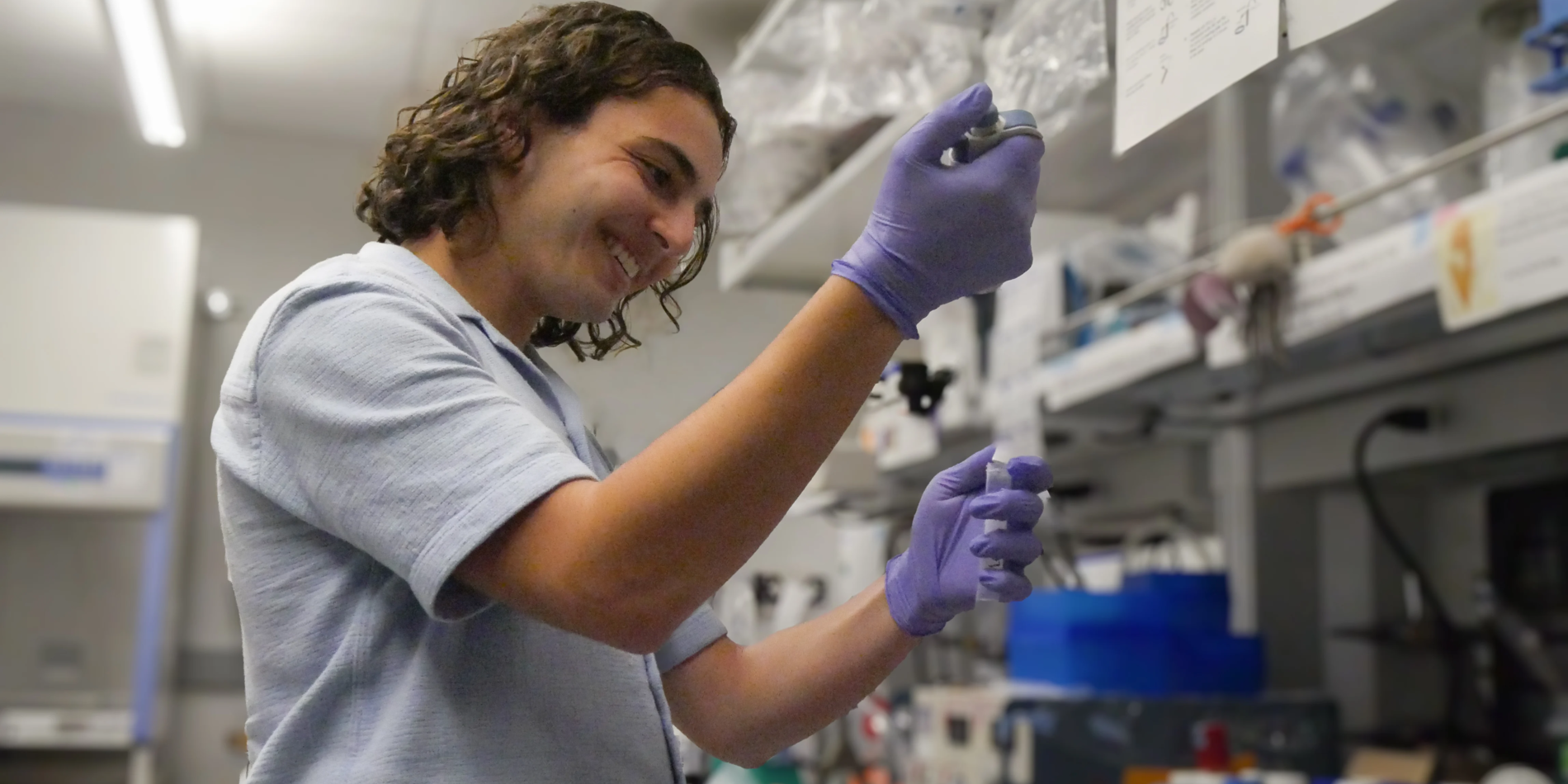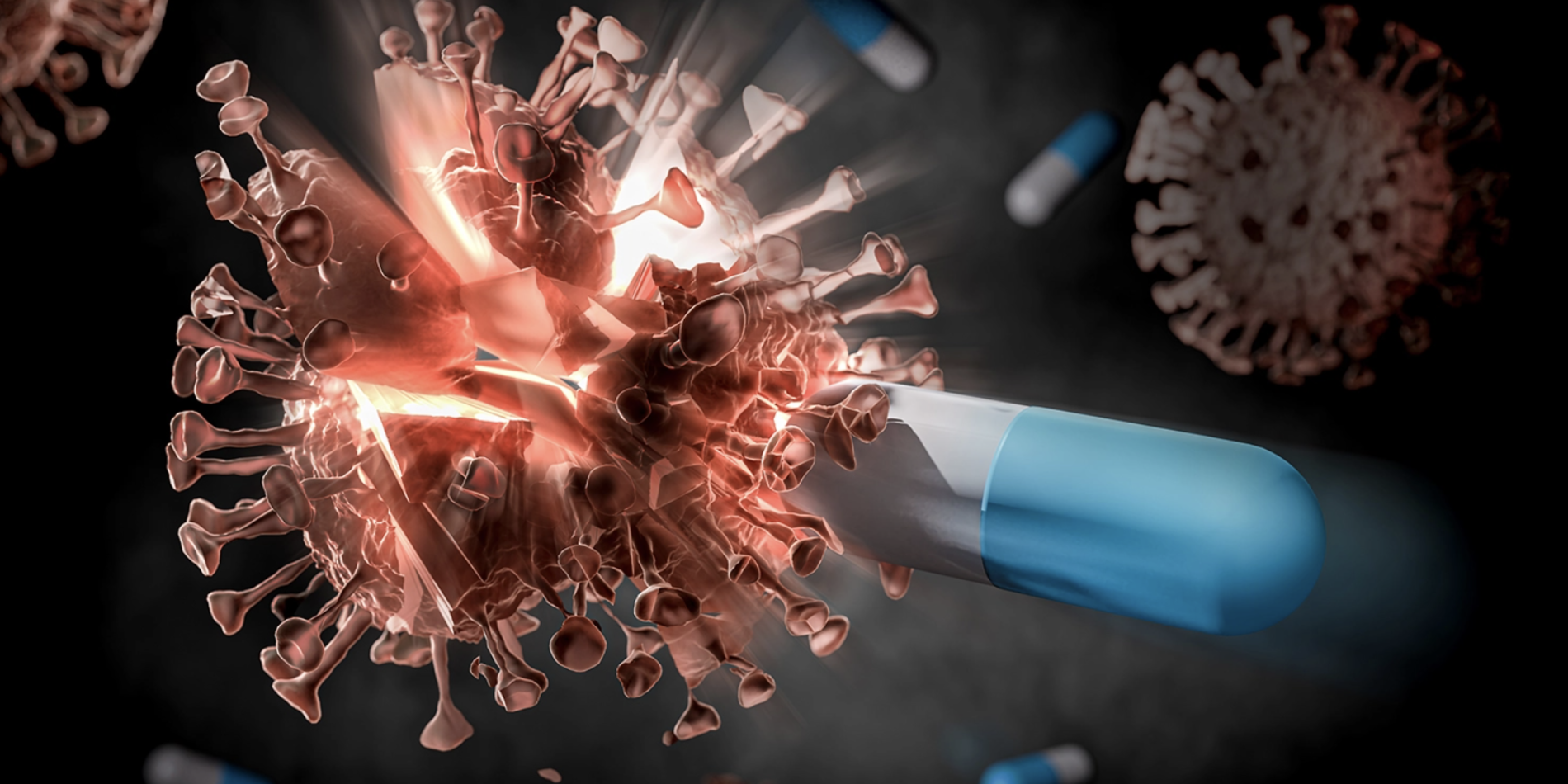
Mattias Garten is currently a postdoctoral fellow at the National Institutes of Health. He will be joining the Bioengineering Department as an Assistant Professor in May 2022. We asked Mattias to share a few stories about himself and his interests.
What initially got you interested in Bioengineering?
I got interested in bioengineering as way to study proteins and membranes in a system with reduced complexity, also known as bottom-up synthetic biology. With it, the fundamental idea of ‘what we understand, we can create’ is realized in biology. Using a minimal set of proteins to understand the minimal essential components of a biological function, the aim is to eventually be able to recreate more complex processes, like cell division or even a whole cell.
As I moved on to work on questions on the cellular scale, I found it fascinating to think about how bacteria, viruses, and parasites hijack cells (i.e. systems with high complexity) and alter the function of their host with only few added components. I came to think of bacteria, viruses, and parasites as naturally evolved bioengineers from whom we can learn.
To me, bioengineering is both a method to make scientific discoveries and a framework to devise applications from mechanisms evolved in nature.
What excites you about working at Stanford?
I am most looking forward to working with the community of people that make Stanford the place I found it to be. During my visits I experienced the spirit of creativity and innovation all over campus. I can’t wait to be part of it.
What will your research at Stanford focus on?
I am fascinated by the mechanisms that parasites use to take over and communicate with their host. Those mechanisms are often unique and essential for parasite survival and can be exploited to kill the parasite. Yet, the parasite mechanisms also represent a chance to be inspired and find solutions to interface with the host to support human health and find cures for diseases.
Specifically, I want to better understand how the malaria parasite interfaces with its host red blood cell. Insight into the mechanisms the parasite uses may help find better treatment for malaria. Beyond that, I think that we can learn from the parasite how to re-engineer red blood cells. My goal is to understand the parasite well enough to be able to eventually exploit its mechanisms as tools to devise biomedical applications, for example using red blood cells as factories for medicine that circulate in a patient.
What do you want the Stanford/BioE community to know about you?
To me, research is a community effort. To identify the limits of our knowledge and imagination, we need to look at questions from as many perspectives as we can. It is when people with different past experiences come together that we make the most progress. Like when old friends come to visit, you know the place where you live and can give an orientation and show your favorite places, but you will for sure discover something new about your home. I am happy when we get to visit each other so that we can learn together about the world we live in.
What are some of your favorite past times/hobbies?
I like building and repairing furniture and electronics when I get the time and tools (also a great hobby to have when you spend most of the day in a research lab). I like going on a hike and staying overnight is fun, especially with friends. I like electronic music and 90’s computer games to wind down sometimes. I do read a lot if I feel relaxed and didn’t get my eyes tired during the day. Going to the zoo and beach with my family is a wonderful thing to happen.


